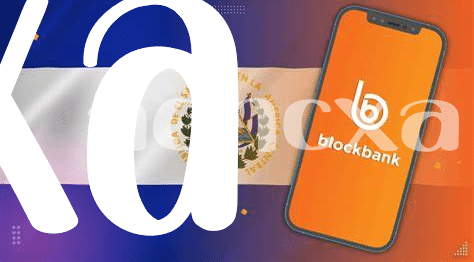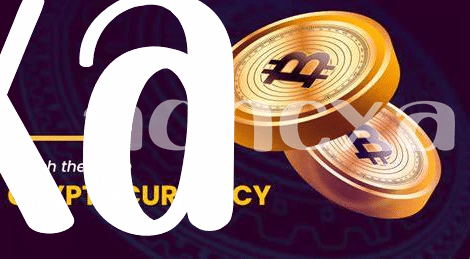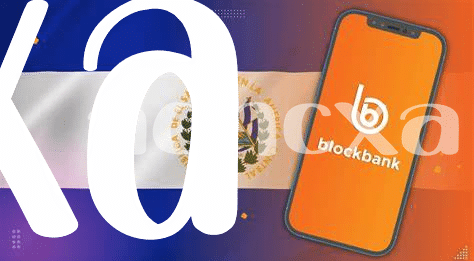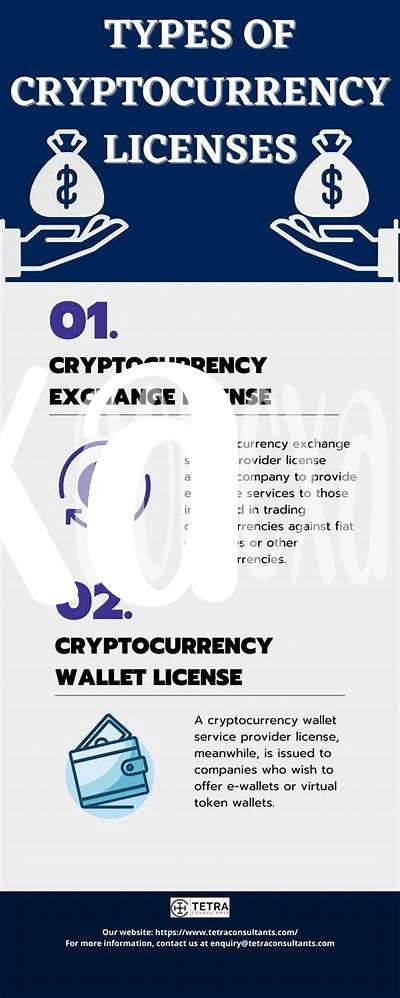Overview of Cryptocurrency Regulation in El Salvador 🌎

Cryptocurrency regulation in El Salvador reflects the country’s proactive stance towards embracing digital currencies and blockchain technology. The government has taken significant steps to recognize and regulate cryptocurrencies, including making Bitcoin legal tender alongside the U.S. dollar. These regulatory efforts aim to promote financial inclusion and innovation while also addressing potential risks associated with digital assets.
El Salvador’s approach to cryptocurrency regulation sets a precedent in the region and has garnered global attention. By creating a legal framework for digital currencies, the country is positioning itself as a pioneer in the adoption of blockchain technology. As the crypto industry continues to evolve, El Salvador’s regulatory landscape provides valuable insights into the intersection of traditional finance and decentralized systems.
Legal Requirements for Obtaining Exchange Licensing 📜
Navigating the bureaucratic maze of regulations in El Salvador can be a daunting task for cryptocurrency exchanges seeking licensing. From stringent background checks to financial audits, the process is intricate and requires meticulous attention to detail. Compliance with anti-money laundering (AML) and Know Your Customer (KYC) regulations is paramount, ensuring the security and integrity of the exchange operations. Engaging legal counsel familiar with the nuances of cryptocurrency laws in the country is essential to navigate the complexities and meet the stringent requirements set forth by regulatory authorities.
As the cryptocurrency landscape continues to evolve globally, staying abreast of the changing regulatory environment in El Salvador is crucial for exchange operators. Proactive measures to maintain compliance and transparency not only facilitate licensing procedures but also foster trust among users and investors. In this dynamic environment, adapting to regulatory changes swiftly and effectively can position exchanges for long-term success in the burgeoning crypto market of El Salvador.
Impact of Recent Legislative Changes on Crypto Industry 💼

El Salvador’s recent legislative changes have sent ripples through the crypto industry, sparking both excitement and apprehension among stakeholders. With the official recognition of Bitcoin as legal tender, the country has positioned itself as a global pioneer in embracing digital currencies. However, this radical shift has also raised concerns regarding regulatory clarity, compliance standards, and market stability. As the crypto landscape in El Salvador continues to evolve, industry players are closely monitoring the impact of these legislative changes on trading volumes, investment flows, and consumer adoption. The dynamic interplay between government regulations and market dynamics is reshaping the future trajectory of the country’s crypto industry, presenting both challenges and opportunities for stakeholders navigating this transformative period.
Challenges Faced by Cryptocurrency Exchanges in Compliance 🤔

Challenges Faced by Cryptocurrency Exchanges in Compliance 🤔
Navigating the regulatory requirements in the cryptocurrency space can be a daunting task for exchanges in El Salvador. From anti-money laundering laws to data protection regulations, ensuring compliance with the evolving legal landscape poses complex challenges. Implementing robust KYC (Know Your Customer) procedures, maintaining transaction records, and staying updated on regulatory changes are crucial aspects that exchanges must address. Additionally, the need to adapt swiftly to new compliance standards while balancing operational efficiency adds another layer of difficulty for cryptocurrency platforms in El Salvador. For a comprehensive guide on meeting cryptocurrency exchange licensing requirements in Ecuador, check out the resource cryptocurrency exchange licensing requirements in ecuador.
Future Trends and Opportunities in El Salvador’s Crypto Market 🔮
In the evolving landscape of El Salvador’s crypto market, there is a palpable sense of excitement and opportunity. As the country embraces cryptocurrency and blockchain technology, new avenues for innovation and growth emerge. With recent legislative changes opening doors for crypto ventures, entrepreneurs and investors are eyeing the region with keen interest. The potential for partnerships, technological advancements, and financial inclusion in El Salvador’s crypto market is promising, paving the way for a dynamic and thriving ecosystem.
Amidst the changing regulatory environment, opportunities for collaboration and expansion in the crypto space are on the rise. As more players enter the market and traditional financial institutions explore digital assets, the possibilities for adoption and integration show no signs of slowing down. The future of cryptocurrency in El Salvador holds the potential to revolutionize financial services, empower communities, and drive economic progress in the ever-evolving global landscape.
Conclusion: Navigating the Evolving Legal Landscape 🚀

In the midst of El Salvador’s burgeoning cryptocurrency landscape, navigating the evolving legal terrain requires a keen understanding of regulatory shifts and compliance frameworks. As the ecosystem continues to evolve, stakeholders must adapt swiftly to regulatory changes, ensuring adherence to licensing requirements while capitalizing on emerging opportunities. The dynamic interplay between legislative updates and industry developments underscores the importance of proactive engagement with regulatory authorities and a nuanced approach to compliance. Looking ahead, a proactive stance towards regulatory compliance will be pivotal in unlocking the full potential of El Salvador’s crypto market and fostering sustainable growth.
For more insights on cryptocurrency exchange licensing requirements in other jurisdictions, such as Costa Rica and Egypt, refer to the detailed regulations: Cryptocurrency Exchange Licensing Requirements in Egypt.
